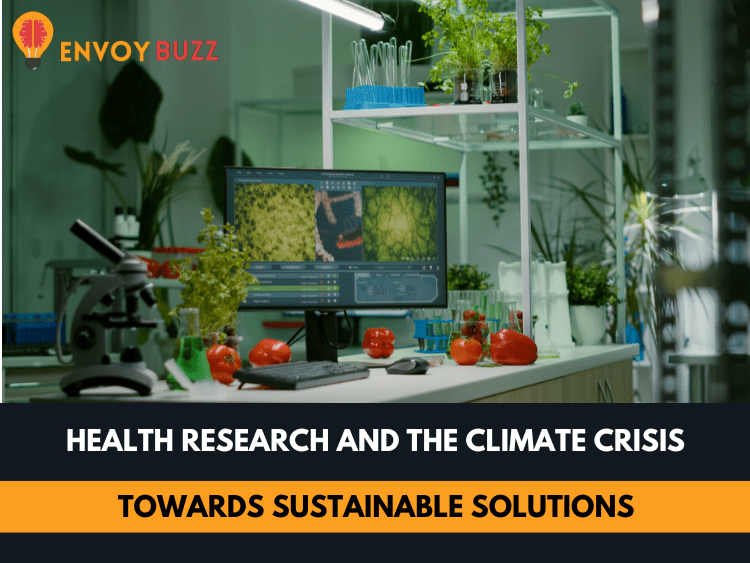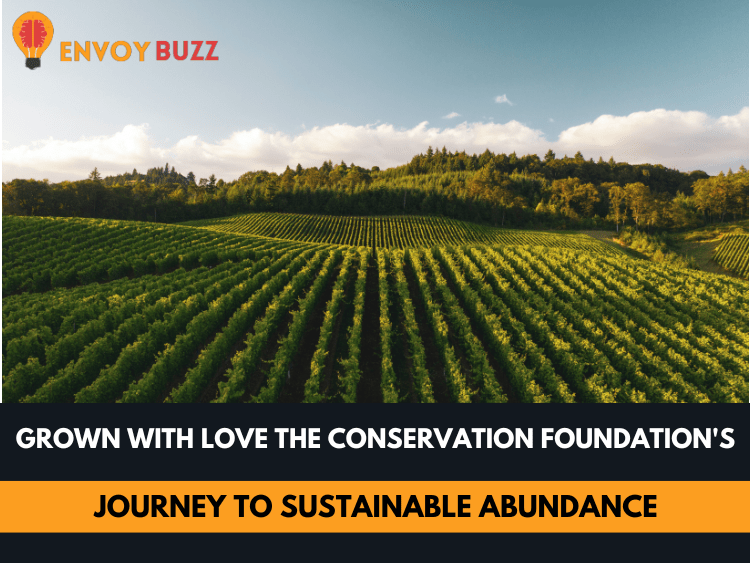Implementing a range of sustainable measures within the realm of health research has the potential to significantly mitigate its substantial carbon footprint, as indicated by a report commissioned by the Wellcome health-research funder.
The urgent climate issue is a growing threat to human health, but it’s important to recognize that health research itself contributes to this catastrophe by using energy and creating waste. A 2011 study found that a single clinical trial can produce 180 tonnes of carbon dioxide annually, which is comparable to the carbon footprint of 35 people in the UK put together. Notably, one of the biggest energy consumers in the sector is cold storage equipment that requires a lot of energy in laboratories. Numerous investigations in the biological sciences demand the long-term storage of materials in freezers and refrigerators, which increases energy usage.Furthermore, the problem of plastic waste is a significant concern. Laboratory research is responsible for producing an estimated 5.5 million tonnes of plastic waste globally in 2015, accounting for almost 2% of the total plastic waste.
Talia Caplan said, “We kind of let a lot slide in health research and practice because we’re trying to help people’s health.”
The report published by Wellcome on August 2nd assessed existing endeavors by health researchers across the globe aimed at reducing energy consumption and waste production. The study identified 146 sustainability initiatives, categorizing them into eight distinct types, including staff networks, campaigns, measurement tools, and certification programs.

One illustrative example is Future Earth, a global network of scientists that champions sustainability initiatives both through its independent efforts and collaborations with funders, thereby raising awareness within the research community. Another instance is the Laboratory Efficiency Assessment Framework (LEAF), an initiative that grants labs a gold, silver, or bronze certificate based on their sustainability achievements. During a two-year trial involving 23 research sites in the UK and Ireland, this program managed to curtail carbon dioxide emissions by a substantial 648 tonnes. LEAF’s influence has expanded to 85 institutions across 16 countries.
Alarming concerns Allison Hunter, a lab-efficiency resource adviser at Imperial College London, highlights the growing concern among researchers regarding sustainability. The report by Wellcome indicated that most sustainability initiatives are spearheaded by individual scientists who are ardently dedicated to the cause. Virtually all initiatives mentioned in the report were undertaken voluntarily. Nevertheless, Hunter underscores the necessity for coordination and resources even when individual researchers are eager to embrace sustainable practices.
Hunter notes that in Europe, the absence of a standardized system to identify the most energy-efficient lab freezers hinders scientists from accurately gauging their electricity consumption and taking measures to reduce it, without investing the time to meticulously measure their energy usage. Understanding the energy consumption of every piece of lab equipment is a time-consuming endeavor, she adds.
The report advocates for greater support from institutions such as universities, research publishers, and funders for sustainability initiatives. In the United Kingdom, funders are collaboratively creating a national concordat with the objective of embedding effective and long-lasting sustainable practices within the research industry. Caplan affirms that the report will inform Wellcome’s own policy on environmental sustainability for its grant recipients, anticipated for release by the year’s end.
“It’s a complicated challenge, and it’s not easy,”says Caplan. She hopes that the Wellcome report will serve as a foundational point, paving the way for a comprehensive array of tools and practices that can facilitate a transition towards eco-friendly research practices.
For more blogs visit Envoybuzz.














































